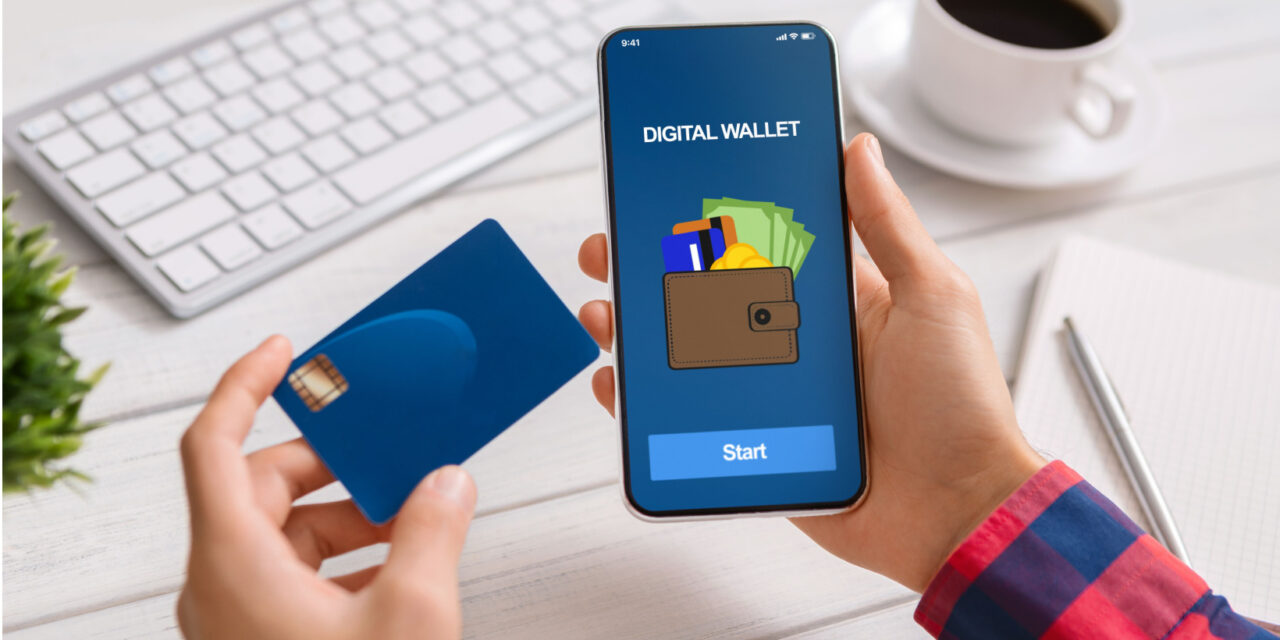
Does a Digital Wallet Make Sense?
The best way to think of a digital wallet is to imagine everything held in your physical wallet stored electronically on your phone. Does transitioning to a digital wallet make sense for you?
To view the full article please register below:
Does a Digital Wallet Make Sense?
The move to digital wallets is on. In 2021, 43.2% of U.S. smartphone owners used mobile payments, and that number is expected to rise to 50.1% in 2025.1 But, does transitioning to a digital wallet make sense for you?
Digital Wallet Defined
The best way to think of a digital wallet is to imagine everything held in your physical wallet stored electronically on your phone. That means holding information on payment methods, coupons, and membership and gift cards, along with your driver’s license and insurance cards in one central location. Some of the most popular digital wallets are ApplePay, Microsoft Wallet, Samsung Pay and PayPal One Touch.
Benefits of a Digital Wallet
There are compelling reasons Americans are moving toward adopting a digital wallet.
- The ease of having everything in one place without the need to carry a bulky, physical wallet can be of great convenience.
- They can serve as an economical alternative for unbanked people since some allow users to store funds, write checks and transfer money.
- There is easier access to information, such as eliminating the need to log into separate websites or wait for monthly statements to see transactions. Additionally, it allows for setting up automatic payments and keeping track of spending.
- Some apps offer rewards, discounts or cash back/points for purchases.
- Your credit card data is not stored on your phone, so unlike when you lose your credit cards and need to make calls to cancel cards and have them reissued, you don’t need to cancel credit cards if you lose your phone.
- Data security is quite high, including measures such as two-factor authentication, biometrics, one-time-use PIN codes, tokenization and advanced encryption.
Dangers of a Digital Wallet
Similar to most technologies, the benefits don’t come without their own set of potential drawbacks.
- They are not accepted everywhere, so you’ll still need to carry around cash and credit cards.
- Security is not flawless. For example, data can be intercepted on wireless networks and phones can be stolen, which may allow thieves to drain your money from multiple financial accounts.
- Payments made from a digital wallet do not offer the same protection against fraud that a credit card does.
- Should you lose or break your phone, you may lose information permanently.
- It cannot be used when there are network failures, you are in an area that is out of range of a network or your phone battery has died.
As with all new technologies, there are benefits and challenges to be contemplated. While the use of digital currency continues to grow, the value of convenience must be considered in going “all in” on a digital wallet.
Source:
Please reference disclosures at: https://blog.americanportfolios.com/disclosures/












